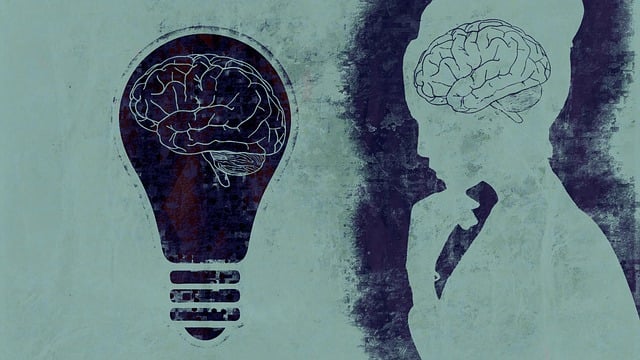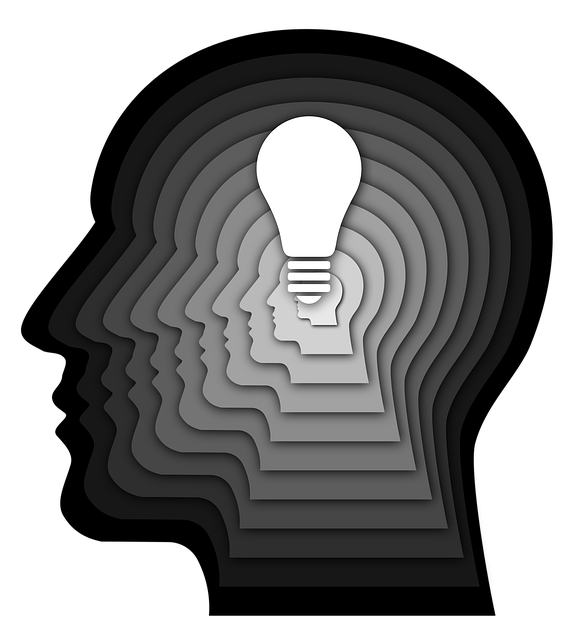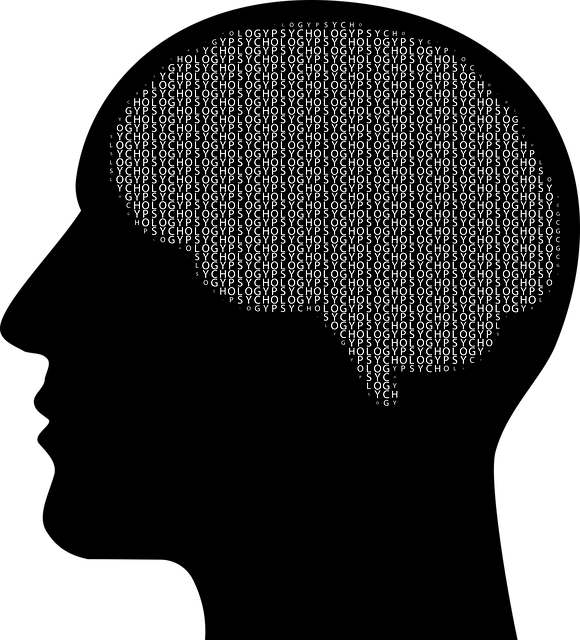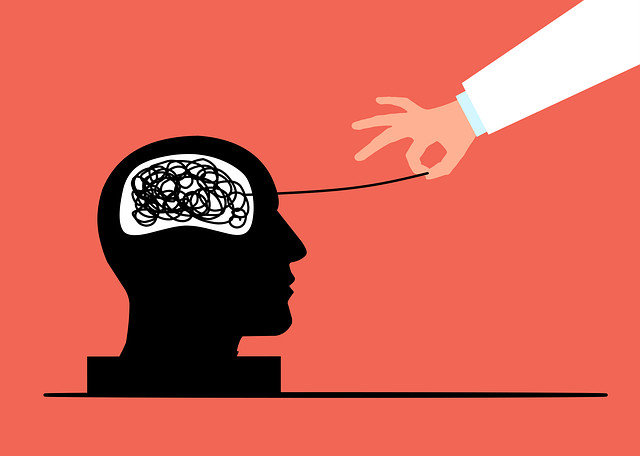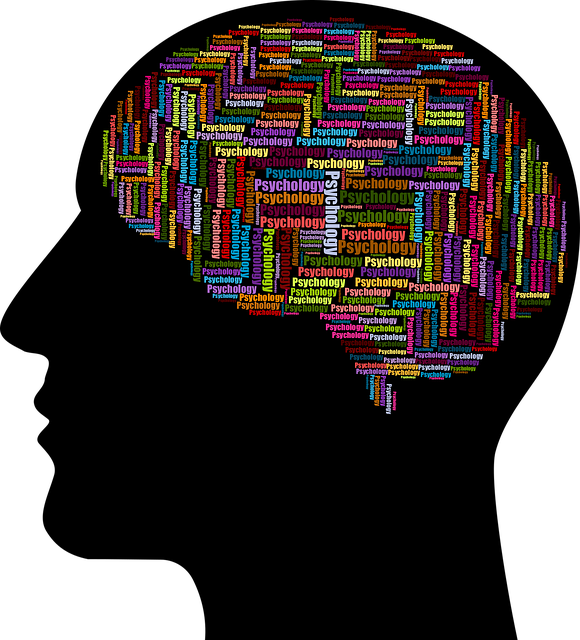Northglenn Blended Families Therapy focuses on mood regulation as a key strategy for enhancing relationships and well-being within complex blended families. By combining self-awareness exercises, mindfulness meditation, and tailored mental health education, this therapy equips family members with tools to manage emotions, resolve conflicts, and build resilience. Recognizing emotional triggers is crucial, enabling open communication and proactive measures like coping strategies or therapy for issues like self-esteem improvement and depression prevention. Evidence-based strategies such as Mind Over Matter and Trauma Support Services promote mood regulation, significantly reducing anxiety and depression symptoms. Creating a supportive home environment through quality time, consistent boundaries, and open communication further enhances mental wellness coaching within the household.
Mood regulation strategies are essential for families, especially those navigating blended dynamics. This article explores effective methods to support emotional well-being within Northglenn Blended Families Therapy. We begin by understanding the significance of mood regulation in these unique family structures, followed by identifying triggers and patterns. Subsequently, evidence-based strategies are presented for managing moods, with a practical guide tailored to Northglenn families. By implementing these techniques, blended families can foster a supportive environment, enhancing overall mental health.
- Understanding Mood Regulation: The Importance for Blended Families
- Identifying Triggers and Patterns in Emotional Responses
- Evidence-Based Strategies for Effective Mood Management
- Creating a Supportive Environment at Home: A Practical Guide for Northglenn Blended Families Therapy
Understanding Mood Regulation: The Importance for Blended Families

In Northglenn blended families therapy, understanding mood regulation is paramount for fostering healthy relationships and well-being. Blended families often face unique challenges due to the integration of different living arrangements, step-parents, and potentially diverse parenting styles. Effective mood regulation strategies are essential tools for navigating these complexities, promoting stability, and enhancing family dynamics. By equipping family members with techniques to manage emotions, resolve conflicts constructively, and build resilience, therapy can significantly improve overall mental health and happiness within the household.
Self-Awareness Exercises and Mindfulness Meditation play pivotal roles in this process, enabling individuals to recognize and accept their feelings while cultivating present-moment awareness. Mental Health Education Programs Design tailored for blended families can further equip members with the knowledge and skills to navigate emotional challenges collaboratively. Through these means, Northglenn blended families therapy not only addresses immediate concerns but also lays the groundwork for long-term emotional resilience and harmonious relationships.
Identifying Triggers and Patterns in Emotional Responses

Recognizing triggers is a powerful tool for anyone looking to regulate their mood and emotions effectively. This process involves paying close attention to situations, people, or activities that consistently evoke specific emotional responses. By identifying these triggers, individuals can begin to understand the patterns in their emotional reactions. For example, a person struggling with anxiety might notice that certain social gatherings or public speaking events consistently set off feelings of unease and worry.
For blended families in Northglenn, this practice is especially beneficial. Understanding individual and collective triggers can foster open communication and help family members navigate emotional challenges together. Moreover, identifying patterns allows for proactive measures to be taken, such as developing coping strategies or seeking professional support like therapy for self-esteem improvement or depression prevention. Encouraging positive thinking and a mindful approach to these triggers can revolutionize how families respond to and manage their emotions.
Evidence-Based Strategies for Effective Mood Management

Managing one’s mood is a vital skill, especially for individuals navigating complex life situations, such as those in Northglenn blended families. Thankfully, there are evidence-based strategies that can help regulate emotions and promote mental well-being. One effective approach involves adopting Mind Over Matter principles, which encourage individuals to challenge negative thought patterns and replace them with more positive and realistic ones. This cognitive reframing technique has been shown to significantly improve mood and reduce symptoms of anxiety and depression.
Additionally, Trauma Support Services play a crucial role in helping individuals process and overcome past traumatic experiences that may impact their current emotional state. By fostering compassion towards oneself and others through Compassion Cultivation Practices, individuals can enhance their ability to manage stress and regulate their moods more effectively. These practices promote self-acceptance, empathy, and a sense of interconnectedness, all of which contribute to improved mental health outcomes.
Creating a Supportive Environment at Home: A Practical Guide for Northglenn Blended Families Therapy

Creating a supportive environment at home is a powerful tool for Northglenn blended families seeking therapy and enhancing mental wellness. It’s about more than just physical spaces; it involves cultivating an atmosphere that nurtures emotional well-being and encourages open communication. For these families, implementing strategies from mental health education programs designed for blended households can be transformative.
By prioritizing quality time together, setting consistent boundaries, and fostering individual expression, Northglenn blended families therapy can thrive. Regular family meetings, where everyone’s voices are heard, help establish a sense of belonging and security. Additionally, incorporating burnout prevention techniques, such as scheduled downtime and stress-relieving activities, ensures that each member feels valued and supported, ultimately contributing to the overall mental wellness coaching programs development within the household.
Mood regulation is a vital skill, especially for Northglenn blended families navigating complex dynamics. By understanding emotional triggers and implementing evidence-based strategies, families can foster a more harmonious environment. The practical guide offered by Northglenn Blended Families Therapy provides valuable tools to identify and manage mood patterns, ensuring a brighter and more balanced future for all involved.


